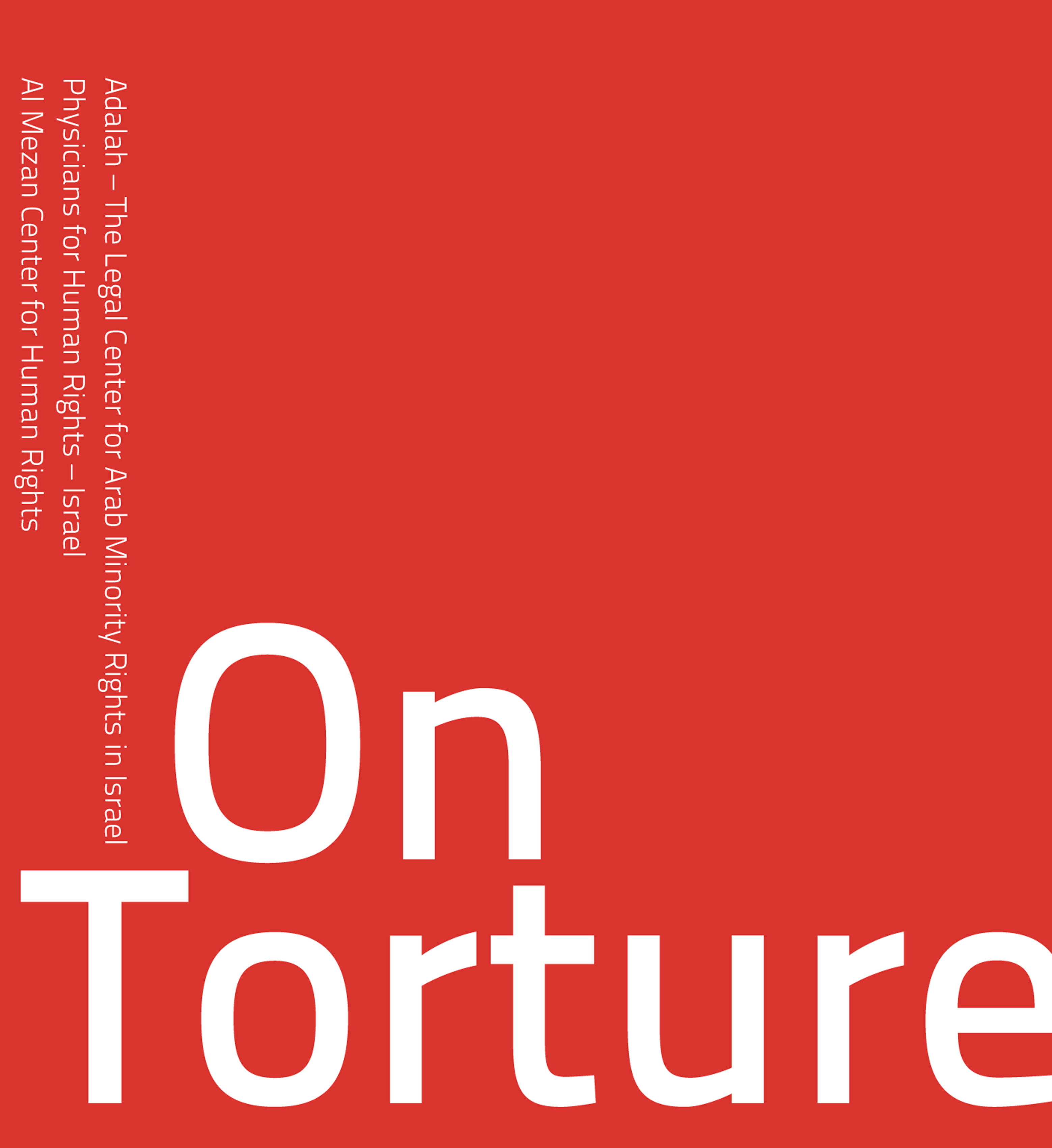Knesset Extends Law Exempting GSS from Videotaping and Audio-Recording Investigations
(Haifa, Israel) On 2 July 2012, Adalah sent a letter to members of the Knesset’s Constitution, Law, and Justice Committee demanding that they reject another extension of a sweeping exemption for Shin Bet (General Security Service (GSS) or Shabak) investigators from the requirement of video-taping and audio-recording interrogations of suspected security offenders. The Committee reviewed the temporary law in preparation for its second and third reading in the Knesset. The exemption has been voted as a temporary amendment to the Criminal Procedure Law since 2002. Today 4 July 2012 the Knesset voted to extend the validity of the temporary law.
The Criminal Procedure Act (Investigation of Subjects) requires that interrogations of individuals suspected of serious offenses, punishable by sentences of 10 years or more in prison, be recorded. However, if the police or GSS classifies the individual as a security detainee, the requirement to record is dropped, no matter the charge or punishment.
Adalah Attorney Rima Ayoub and private Attorney Abeer Baker emphasized that documenting the interrogation of suspects is necessary to ensure the integrity of the judicial procedure and the validity of confessions. It is even more important as the documentation of the interrogation is written in Hebrew while the interrogation itself is conducted in Arabic.
Adalah filed a petition to the Israeli Supreme Court to cancel this exemption in December 2010. Former Adalah Attorney Abeer Baker filed the petition on behalf of the Public Committee Against Torture in Israel (PCATI), Physicians for Human Rights – Israel (PHR) and Al Mezan Center for Human Rights in Gaza. The case is currently pending.
The petitioners argued that the exemption from recording these interrogations has severe implications. These interrogations typically involve the use of extremely harsh methods of investigation and are subject to limited judicial review. The suspect is usually prevented from meeting a lawyer for an extended period of time; interrogations are often long and exhausting; gag orders are issued perfunctorily in almost every security case; and the suspects' detention is extended while they are held in what essentially amounts to incommunicado detention, cut off from any contact other than with their interrogators. During the interrogation, the suspects are generally held in difficult conditions of confinement that prevent all oversight, thereby violating their due process rights and exposing them to greater risk of torture and cruel, inhuman and degrading treatment (CIDT). In this context, video and audio recordings of the interrogations are therefore the only remaining means available to individuals through which to demonstrate any claims regarding the use of illegal investigation methods against them, and a crucial safeguard against torture and CIDT.
According to the petitioners, the exception from recording interrogations of security suspects violates the constitutional rights of detainees, including the rights to due process, equality and dignity, as well as the freedom from torture and other forms of ill-treatment. Moreover, the exemption entails discrimination on the basis of national belonging, since the overwhelming majority of individuals suspected of committing security offenses are Palestinians, and it is therefore Palestinians who will suffer its consequences.
Read: New publication “On Torture” with excerpts of the petition












